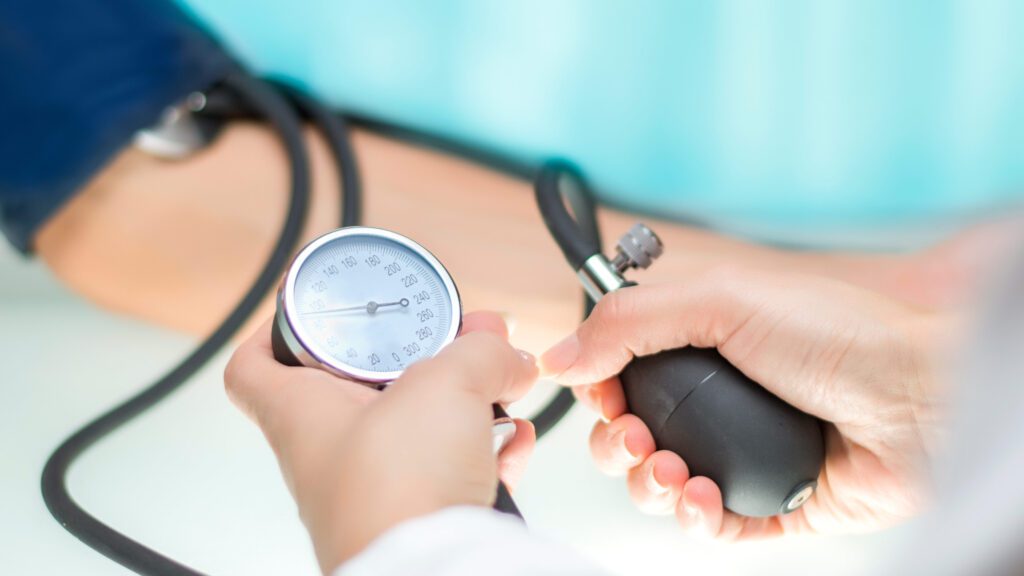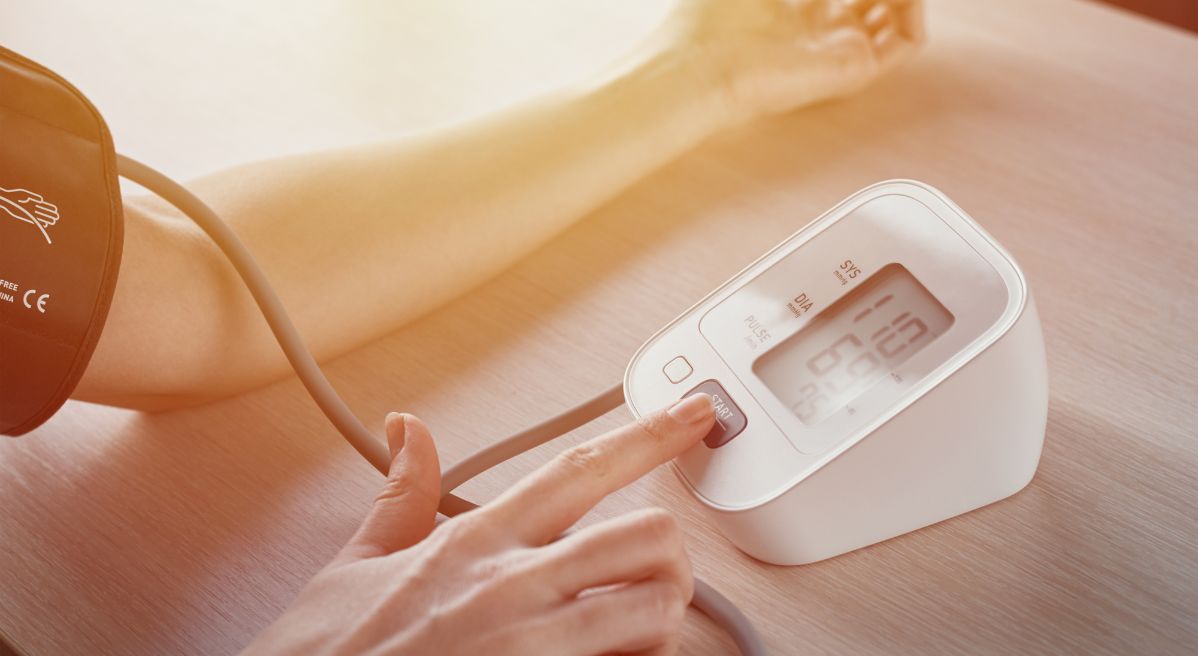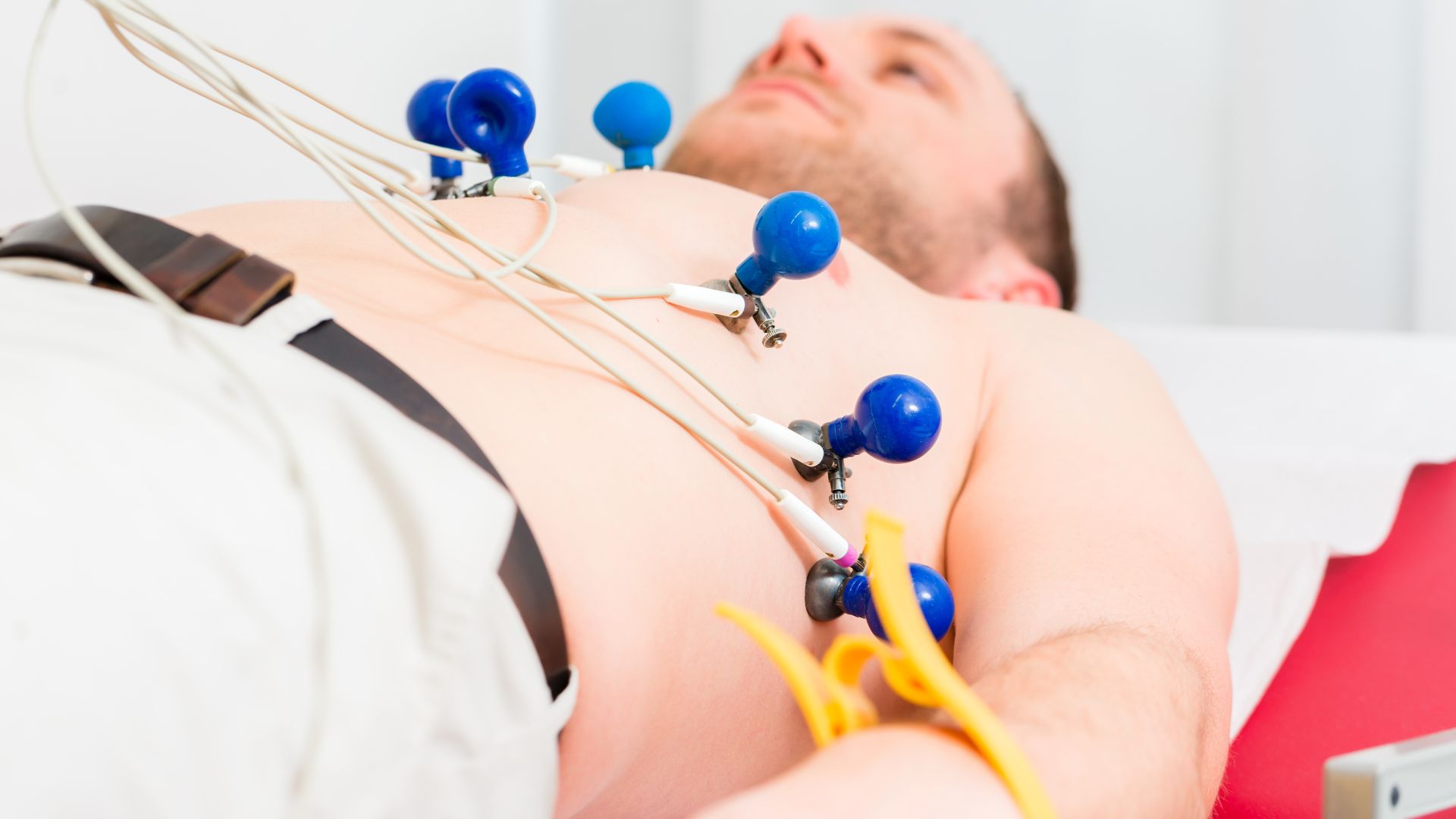High blood pressure or hypertension rarely has noticeable symptoms. But if left untreated, it increases the risk of serious problems such as heart attack and stroke.
The only way to know if you have high blood pressure is to regularly check your blood pressure.
What is high blood pressure?
Blood pressure is recorded with 2 numbers. Systolic pressure (higher number) is the force by which your heart pumps blood through the body.
Diastolic pressure (lower number) is the resistance to blood flow in blood vessels.
Both are measured in millimeters of mercury (mmHg).
- Your blood pressure is considered to be 140 / 90mmHg or higher (or 150 / 90mmHg or higher if you are over 80)
- The ideal blood pressure is usually considered to be between 90 / 60mmHg and 120 / 80mmHg
Blood pressure readings between 120 / 80mmHg and 140 / 90mmHg can mean that you risk developing high blood pressure if you do not take steps to keep your blood pressure under control.
Blood pressure will be a little different for everyone. What is considered low or high for you may be normal for someone else.
The diagnosis of hypertension is not made on the basis of a single blood pressure measurement, and if you have measured elevated values at least three times, consult a doctor.
Home blood pressure measurement requires training. It is most accurate with the help of a classic device with a manometer or mercury, while modern electronic devices can be used more as an orientation about the values of pressure and pulse. When measuring, the first tone heard indicates systolic-upper pressure, and the last diastolic-lower pressure.
Causes of high blood pressure
It is not always clear what causes high blood pressure, but certain things can increase the risk.
You have an increased risk of high blood pressure if:
- You are over 65 years old
- You are overweight
- You have a genetic factor
- You eat too much salt and do not eat enough fruits and vegetables
- You do not exercise enough
- You drink too much alcohol or coffee (or other caffeinated beverages)
- You smoke
- You sleep a lot or have disturbed sleep
Changes in a healthy lifestyle can reduce your chances of high blood pressure and lower your blood pressure if it is already high.
Symptoms of hypertension
Hypertension can be asymptomatic for years, so it can be detected by some of the serious complications, such as: heart attack, stroke, blindness, kidney disease and similar. Many of these diseases are deadly, so hypertension is also called a “silent killer”.
The most common symptoms are: headache, tinnitus, nosebleeds, chest pressure, occasional transient tingling or weakness in half of the body, suffocation, and fatigue.
Treatment of hypertension
Doctors can help you keep your blood pressure at a safe level by using:
- Medicines
- Llifestyle change recommendation
What works best is different for each person.
Talk to your doctor to help with your treatment.





